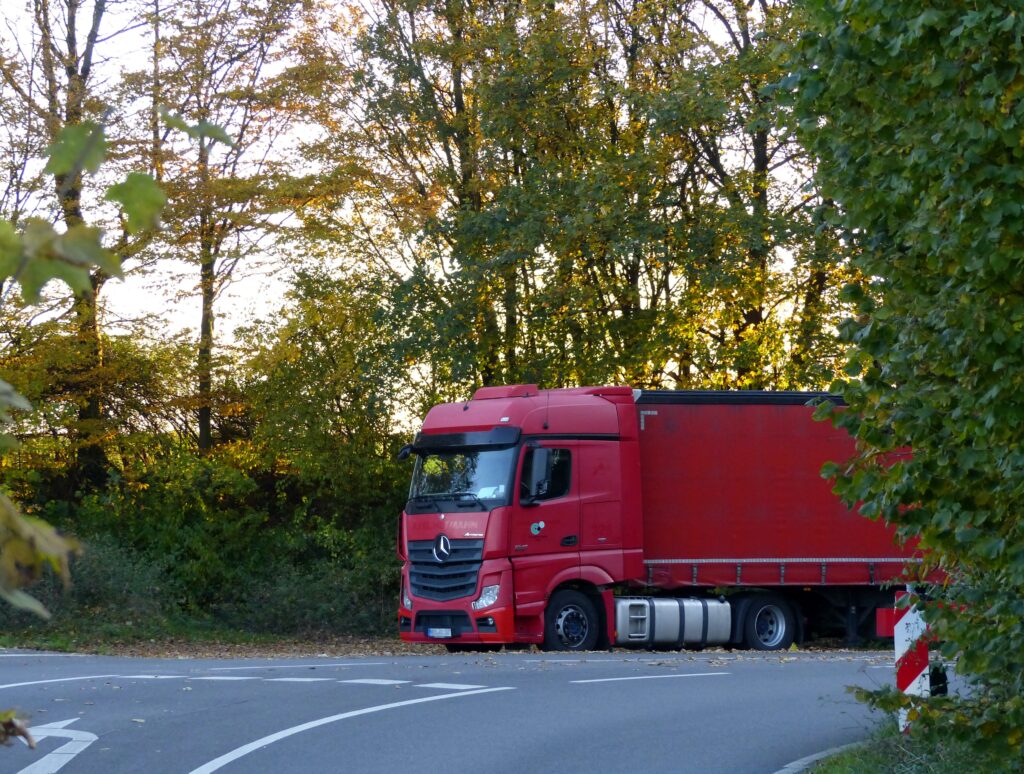The UK government has been under pressure to take action to tackle the shortage of HGV drivers. However, while this may have helped the logistics industry, it has led to concerns that this could increase road accidents as inexperienced drivers are put behind the wheel of large vehicles.
In this article, we’re going to look at what was put into place and the potential ramifications. If you’re wondering whether you are now at greater risk of being in an accident caused by a lorry driver, we reveal all!
What Caused the Shortage of HGV Drivers?
So to start off, why is the UK in this situation to begin with? Well, there is no one answer to this, rather a combination of factors that combined to cause the issue.
Covid
With travel restrictions in place and many companies needing to shut down production, there was an initial reduction in the need for drivers. This then resulted in many of the European drivers returning home.
As the sector reopened, few of the drivers returned. This was then compounded with a huge backlog in the testing process for new HGV drivers, meaning that few new applicants were entering the workforce.

Brexit – Ability to Work in the UK
We should mention that many European countries are experiencing the same shortage of HGV drivers. However, Brexit has increased the challenges for the UK. We said that many European drivers returned home during covid but then were unable to return due to new immigration rules.
Prior to Brexit, HGV drivers were pretty much able to come to the UK and work with few restrictions. The new legislation meant that option was no longer available.
Brexit – Decline in the Value of the Pound
Following Brexit, the value of the pound plummeted against the Euro, and this added another reason for the declining appeal of working in the UK.
Brexit – Checks on Goods Coming From the EU
With increased paperwork and long delays at ports, deliveries take longer and, in some cases, much longer, meaning waiting for days to even weeks at immigration. With many drivers paid by the distance they travel, delays mean the rate of pay begins to reduce.
Tax and conditions
Tax changes in the UK suddenly caused it to be a less attractive place to work. The revised IR35 rules mean that drivers are prevented from setting up companies to pay less tax when they then work as an employee.
What Has Been the Response of the UK Government?
The government has been under pressure to take action and has put a number of measures in place.
Easier HGV Tests
The first is that they’ve made it easier for drivers to pass the HGV driving test, with there now only being one test to pass for drivers to be able to take control of both rigid and articulated lorries. Previously a rigid license was issued first before a second test was then required to drive an articulated lorry.
Fund Training
The second thing the government did was to fund training to encourage new HGV drivers. They offered free intensive ‘boot camps’ for up to five thousand people, and then an additional thousand drivers were offered training through funding from the adult education budget.
Encourage Returners to the Role
Then they tried to encourage drivers to return to the role by contacting over a million drivers who were longer working as HGV drivers.
Increased Permitted Driving Hours
The Drivers Hours rules were also amended to allow drivers to be on the roads for longer. Drivers can now drive for 11 hours twice a week rather than the previous limit of nine hours.
What Are the Ramifications of These Actions?
While it’s still early days to see the full ramifications of these actions, several potential problems could arise.
Inexperienced Drivers
The first is that inexperienced drivers may be put behind the wheel of large vehicles. Given that many of these drivers have never driven in the UK before, this could increase road accidents.
Longer Hours and Fatigue
Another problem is that longer hours may lead to fatigue among drivers, which could result in more accidents as drivers.
What Does This Mean For Road Accidents?
There are a number of concerns that have been raised with the government’s response. HGV vehicles are already disproportionately responsible for a high number of fatalities on the UK roads. With inexperienced drivers at the wheel, who are working longer hours, that risk will increase.
